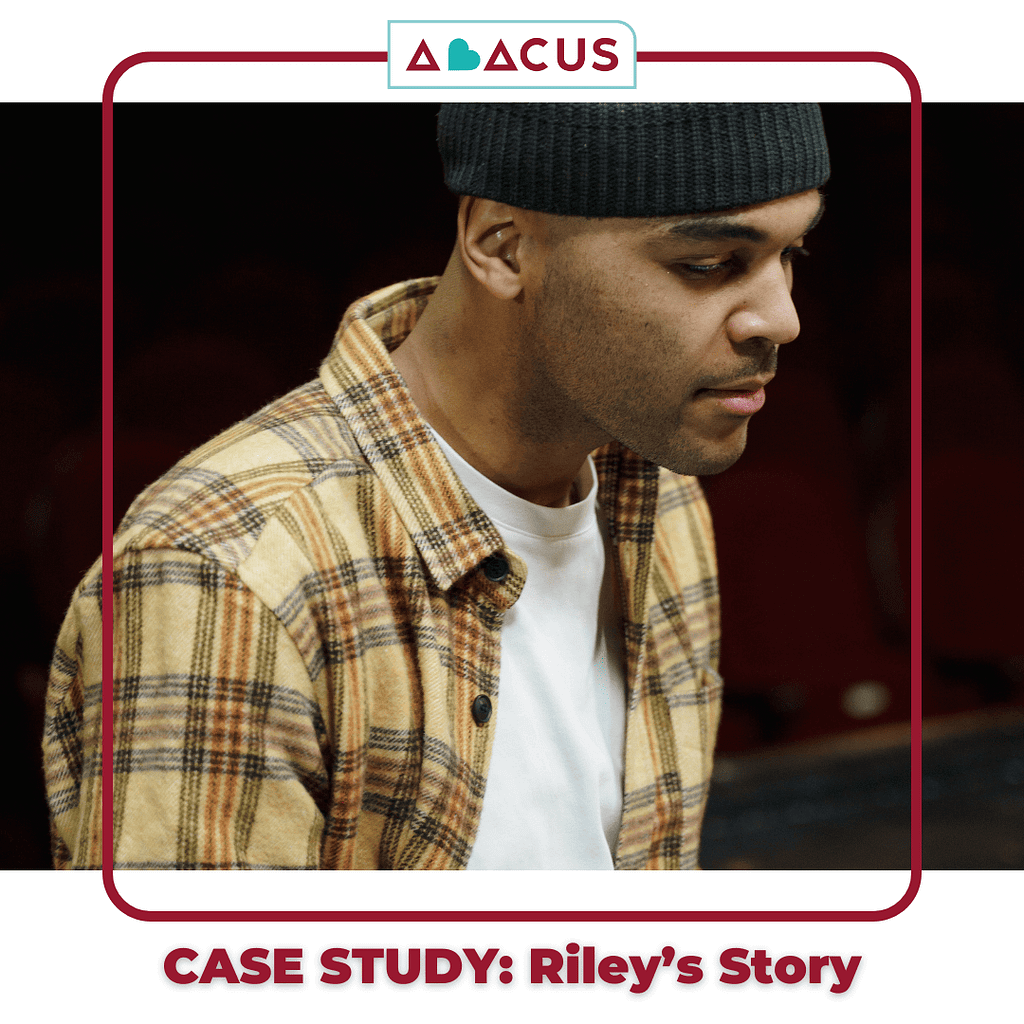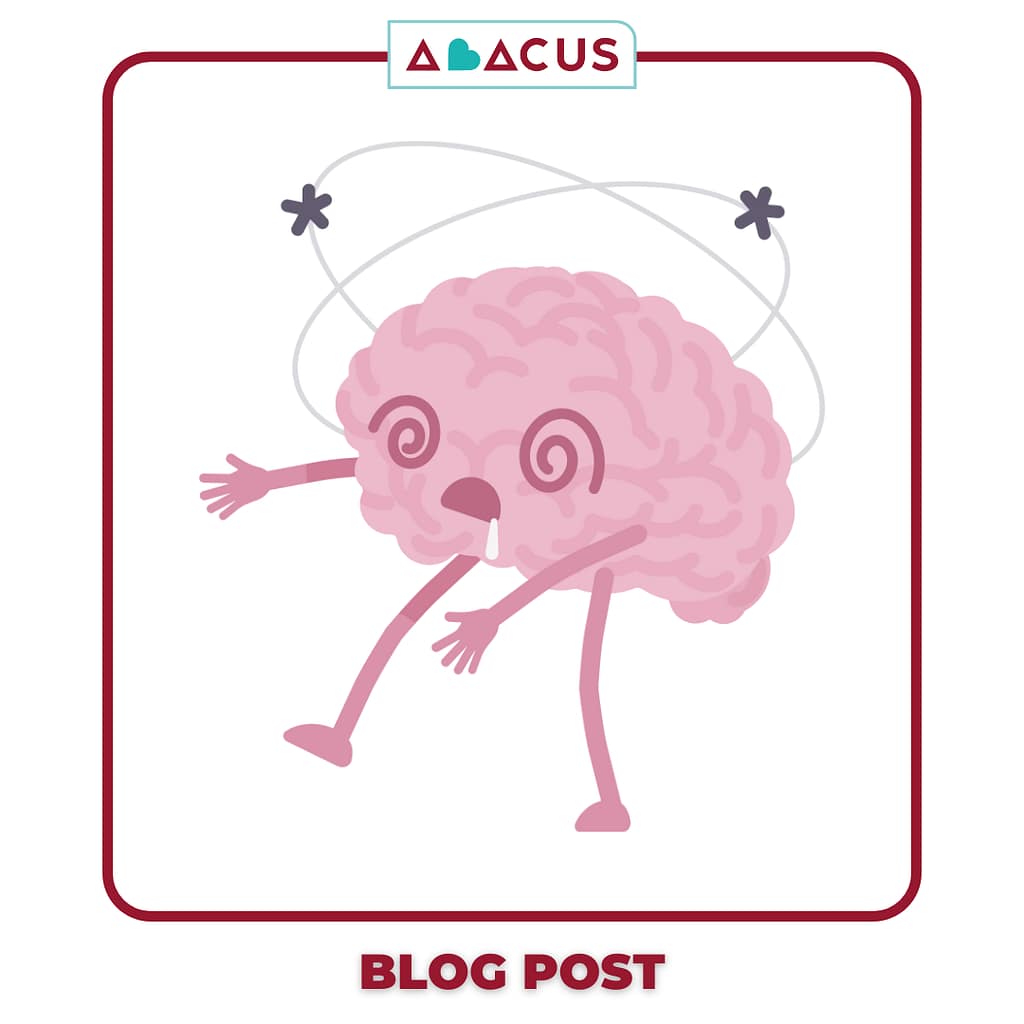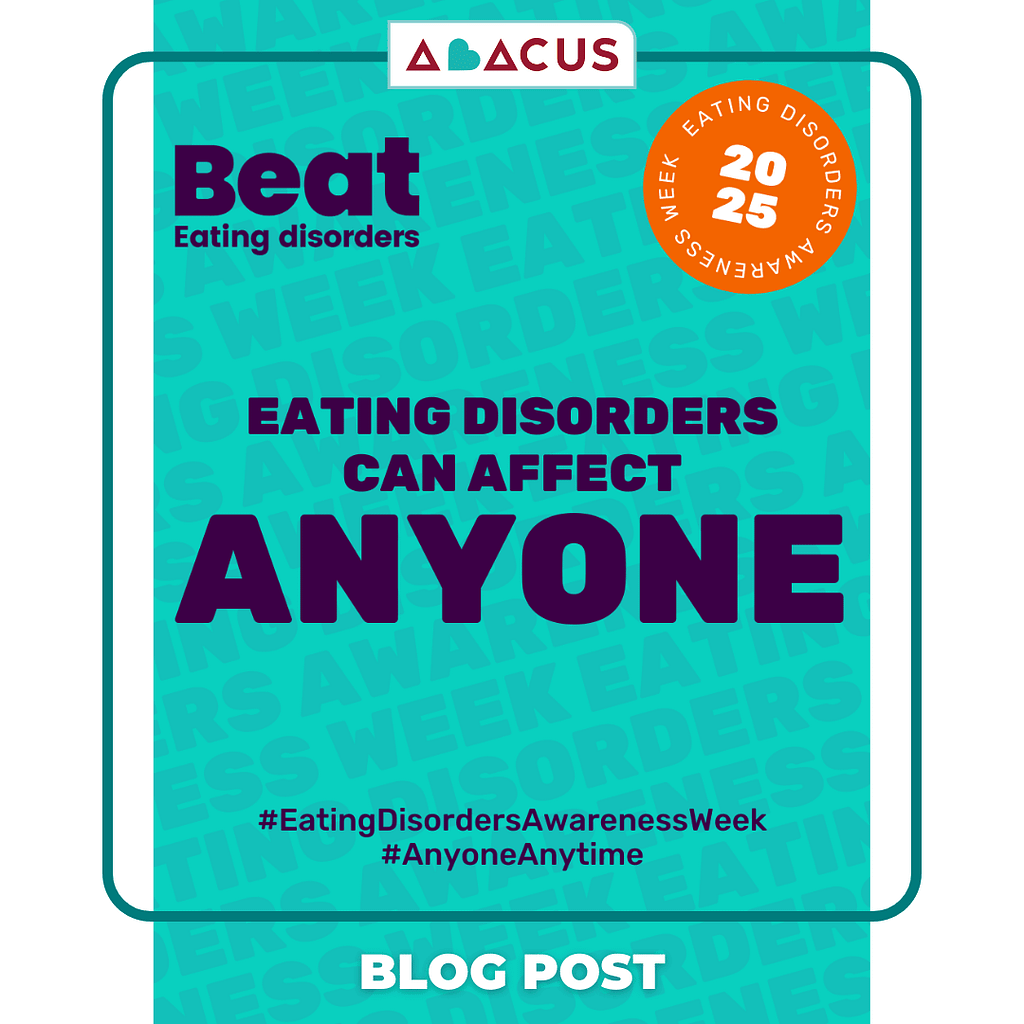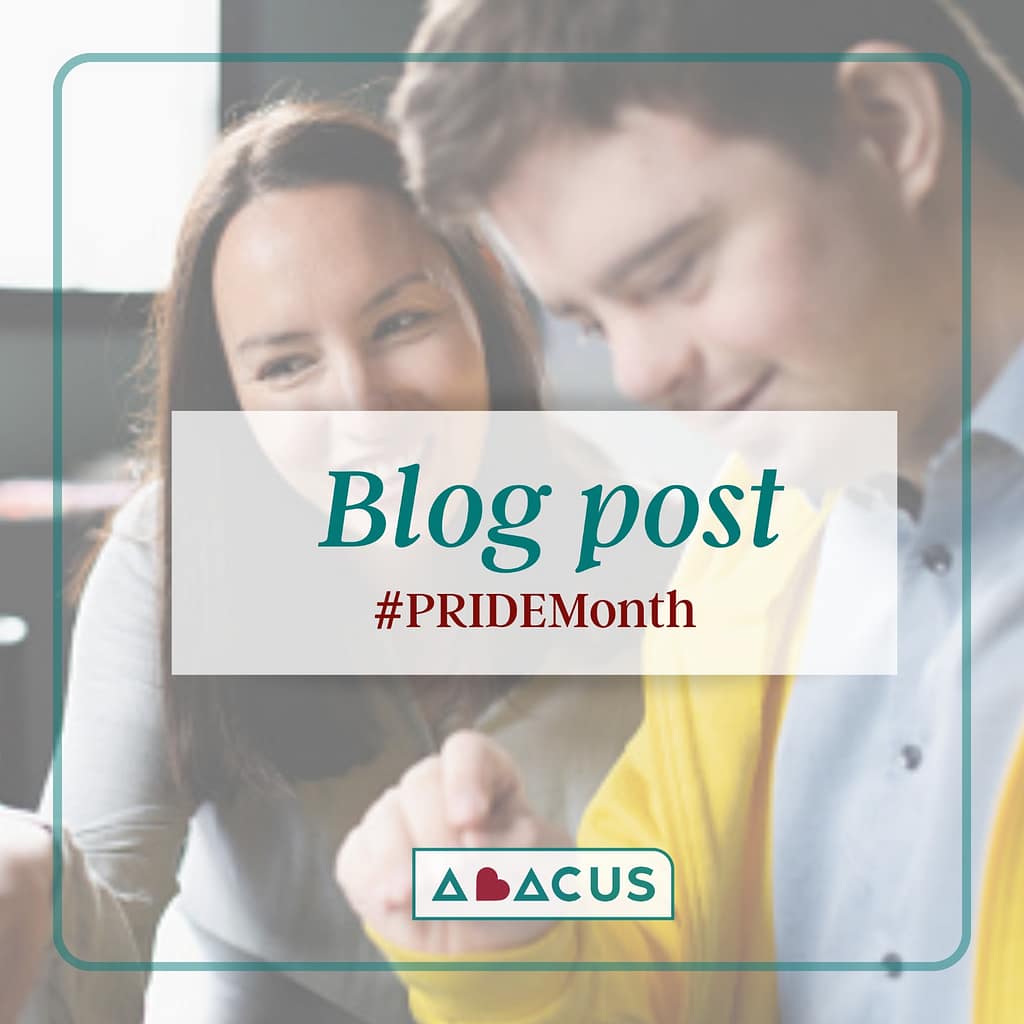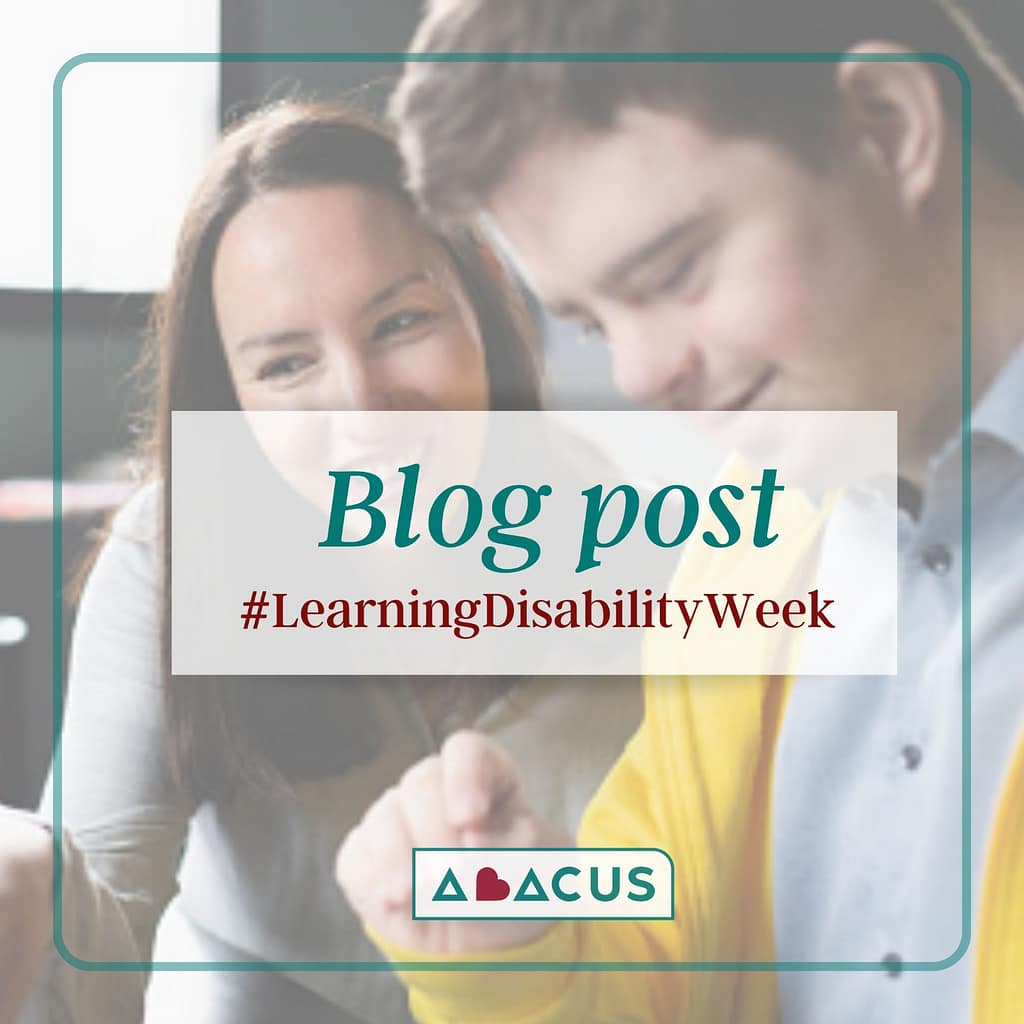Abacus Care & Support is kicking off its ‘Important Days’ series with January 4th: World Braille Day. Read on to learn about Braille’s fascinating history, use and importance. – Braille is a system of communication which uses raised dots to enable users to read and write via touch, rather than sight. Its inventor, Louis Braille, paved the way for millions of blind and visually impaired people to access written language with autonomy and independence. On what would have been Louis Braille’s 216th birthday, let’s reflect on the immense impact of his invention and the enduring relevance of Braille today. Braille’s inventor: Louis Braille Louis Braille was born in Coupvray, France, in 1809. Braille lost his sight at the age of three, when he suffered an accident whilst playing with his father’s tools. Braille was a bright and inquisitive child, and at the age of ten received a scholarship to attend the National Institute for Blind Youth in Paris. At the time, books for blind people featured raised print of traditional lettering, but this was difficult to use and labour-intensive to produce. In pursuit of a simpler, more efficient method, Braille began to develop his now-famous tactile code at just 15 years old. Braille was inspired to develop his own method after learning about Charles Barbier’s ‘Ecriture Nocturne’ or ‘night writing’. Featuring raised dots, this was a military code designed to be read without light, so that soldiers could avoid lighting a lamp (and consequently identifying themselves to the enemy) whilst reading important messages. Braille sought to develop a simpler code, notably halving the number of dots in each cell to sit more comfortably underneath the fingertip. The system he designed contained many combinations of raised dots within cells which represent letters, numbers, punctuation marks, and even entire words in shorthand. The Evolution of Braille Throughout the rest of his life, Braille perfected and taught his method of communication. It was not until 1854, two years after Braille’s death, that his system was officially adopted at the National Institute for Blind Youth. In the decades following, the system became further refined and gained wide usage, ultimately being used all over the world. You may be surprised to learn that Braille is not a language. Rather, it is a universal system which corresponds uniquely to the literacy of individual written/spoken languages. In other words, the cell combinations available in the Braille system always remain the same, but what those cells mean (individually and in their given order) depends on the language of the user. The Importance of Braille Today Despite the rise of digital assistive technologies, Braille continues to be a fundamental tool for blind and visually impaired individuals, especially in education and the workplace. In fact, research shows that blind and visually impaired Braille users often have higher levels of education and better employment prospects than those who do not use the system. Why? Because Braille empowers its users to be literate, enabling an autonomous grasp on grammar, syntax, punctuation and comprehension. Braille and Technology: A Perfect Match Braille is not an outdated system. It has adapted to, and been enhanced by, the digital age. Technological devices such as refreshable Braille displays connect to computers, smartphones, and tablets, providing readable Braille output in real-time, allowing users to access digital content. Additionally, Braille writing devices enable users to write with ease, offering a tactile alternative to traditional keyboards. Whether used on paper or via electronic devices, Braille is much more than a communication tool; for its inventor it was a show of incredible creative perseverance, to its users it is the key to autonomy, and to the rest of the world it is a powerful statement of inclusion. – As a supported living provider, Abacus is passionate about empowering individuals to access the care and support which helps them to live a fulfilling and independent life. We recognise that communication exists in many forms, and are committed to embracing and supporting the various communication needs of the people we support. Whether it’s through speech, touch, sign language, visual aids, or digital technology, we understand that effective and meaningful communication is unique to each individual. – Want to learn more? Watch one of the fascinating videos which informed this post: THE BOY WHO INVENTED BRAILLE: https://www.youtube.com/watch?v=o9BOQ6IpTSE&t=121s IS BRAILLE STILL RELEVANT?: https://www.youtube.com/watch?v=WhHmFHadlEo READING WITHOUT SIGHT https://www.youtube.com/watch?v=_mzhn7InWDg – Articles which informed this post: https://www.afb.org/blindness-and-low-vision/braille/what-braille https://www.rncb.ac.uk/event-item.aspx?id=57 https://brailleworks.com/braille-resources/history-of-braille/ https://www.afb.org/about-afb/history/online-museums/life-and-legacy-louis-braille/braille-nvents-his-code https://www.afb.org/about-afb/history/online-museums/life-and-legacy-louis-braille/braille-recognized https://www.britannica.com/topic/Braille-writing-system https://www.sense.org.uk/information-and-advice/ways-of-communicating/braille/ https://www.rnib.org.uk/living-with-sight-loss/education-and-learning/braille-tactile-codes/braille-music/ https://www.rnib.org.uk/professionals/health-social-care-education-professionals/knowledge-and-research-hub/reports-and-insight/reading-and-braille-research/#:~:text=Around%20seven%20per%20cent%20of,or%20partially%20sighted%20use%20braille. https://www.rnib.org.uk/news/two-centuries-later-braille-is-still-as-important-as-ever-says-teenage-sight-loss-campaigner/#:~:text=According%20to%20RNIB%2C%20only%20seven,who%20learn%20to%20read%20it. https://www.guidedogs.org.uk/blog/why-learning-braille-is-still-important https://legobraillebricks.com/blog/brailleadvocacy https://www.perkins.org/four-reasons-why-braille-still-matters-in-the-age-of-alexa-and-iphone/ https://nfb.org/sites/default/files/images/nfb/publications/bm/bm06/bm0609/bm060905.htm https://museelouisbraille.com/en/le-braille-aujourd-hui

